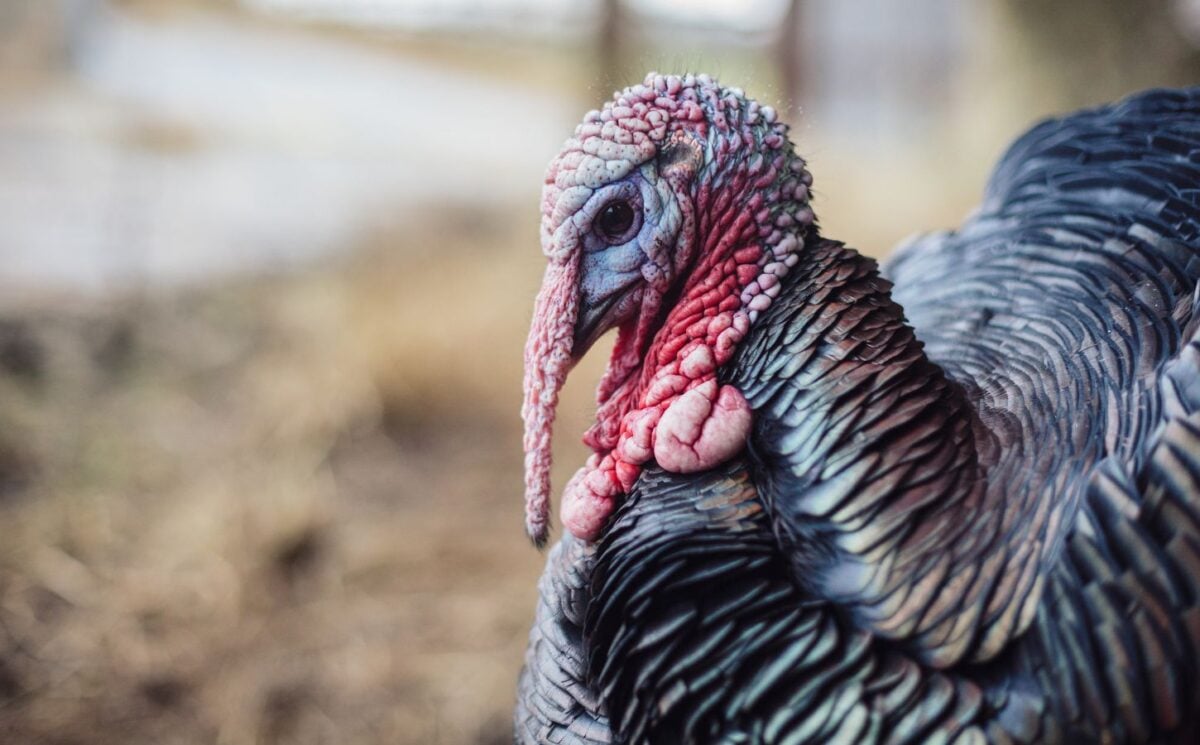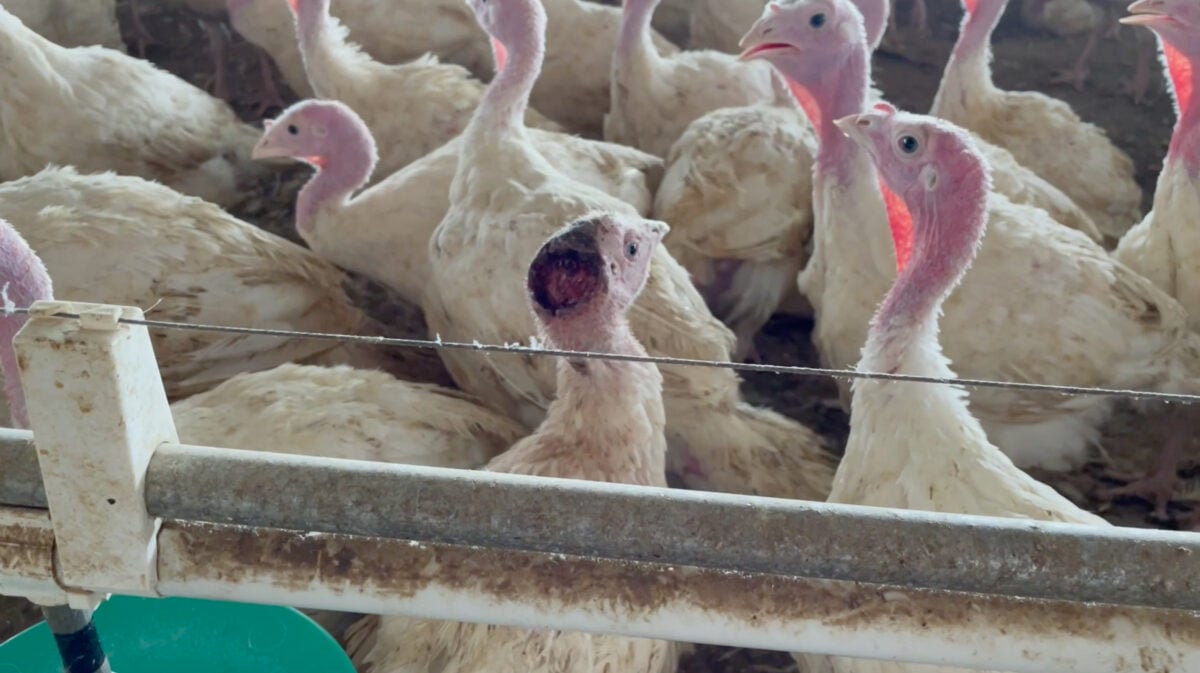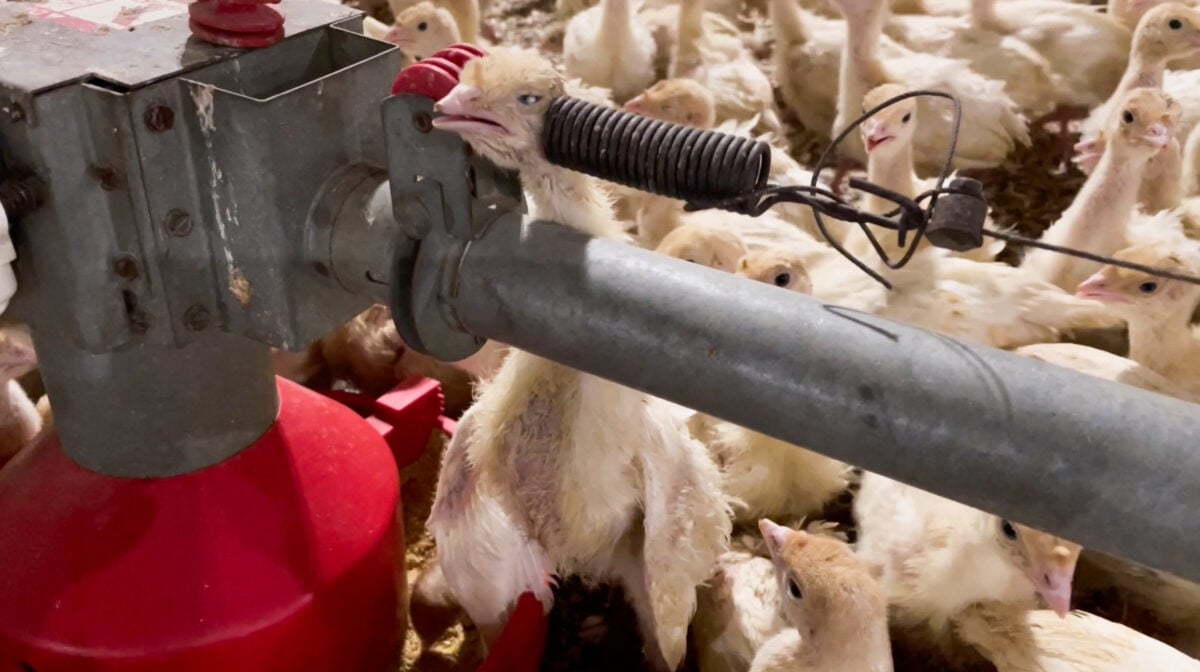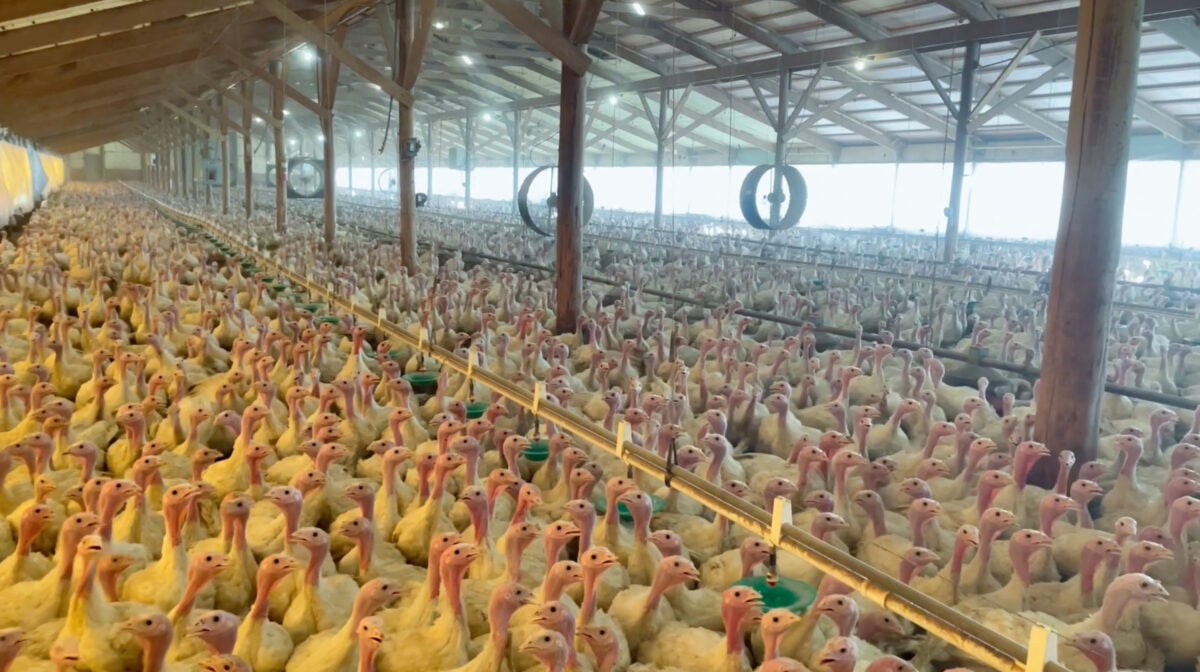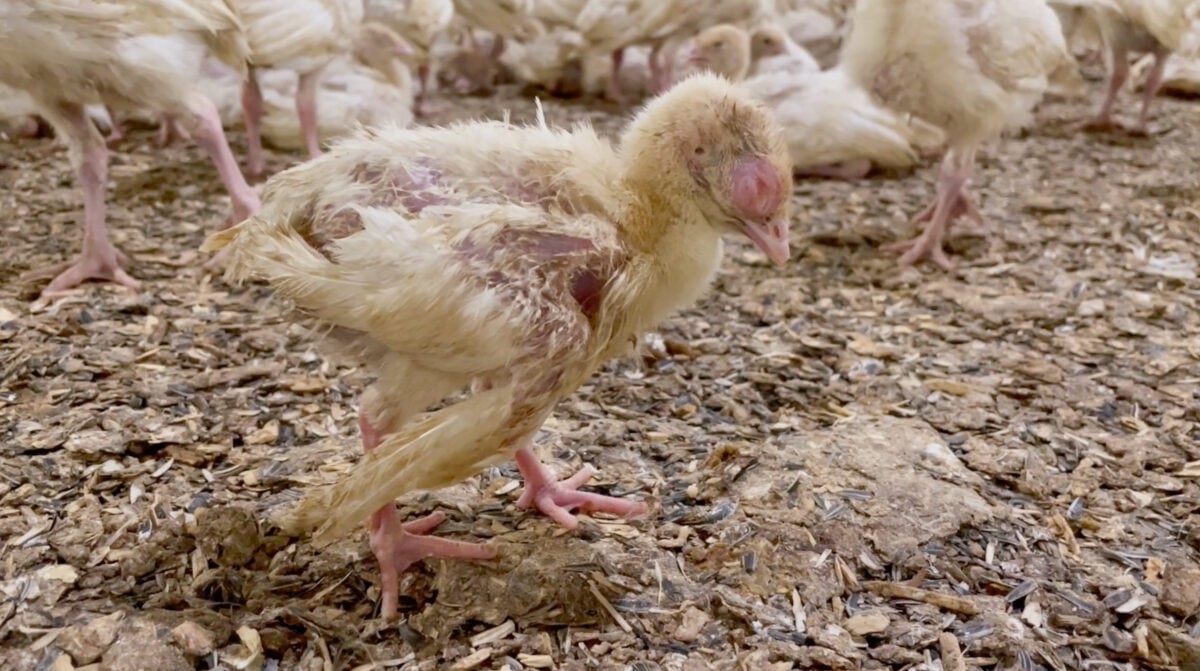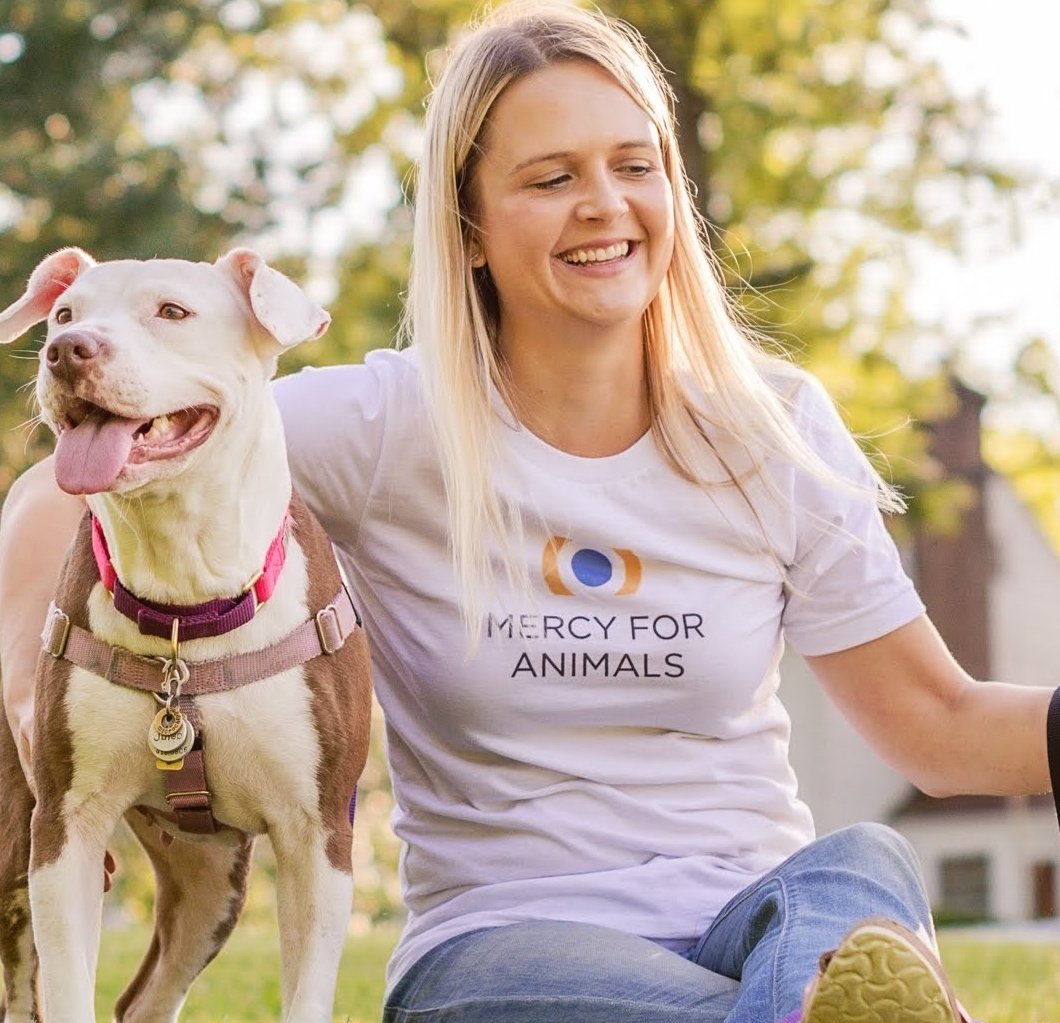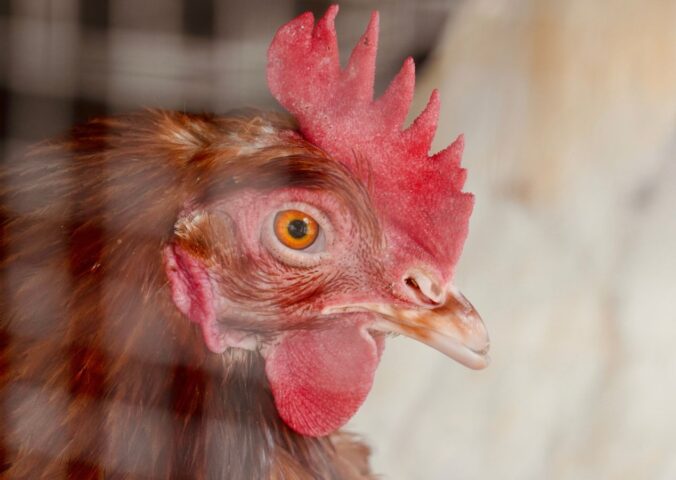*Warning: this article contains images that some might find distressing*
In recent years, it has become less of a secret to me that the Thanksgiving narrative I learned in school is neither accurate nor honorable. I am grateful to Indigenous activists for steadfastly challenging this false narrative – despite requiring them to relive and recount generational traumas – and am humbled each year the more I learn about the true genesis of this holiday. Recently I uncovered an additional Thanksgiving falsehood: turkey as the meal of choice. History does not corroborate turkey-centered celebrations for the first 200 years after the holiday’s declaration.
That may sound strange to generations of Americans who have always associated Thanksgiving with turkey, both at the center of the table and in seasonal decorations. But it’s a reminder that traditions can – and in many cases should – be challenged and updated.
Turkey was first campaigned as a Thanksgiving staple in the 1800s. Since then, the US meat industry has industrialized and now slaughters 46 million turkeys for a single holiday, with devastating consequences for animals and the environment. But here is news we can be thankful for: Annual per capita turkey consumption has gone down over the past 25 years; plant-based foods are thriving; and now is the perfect time for Americans to reconsider their holiday traditions.
A new Mercy For Animals hidden-camera investigation captured firsthand the dismal, violent lives of factory-farmed turkeys. In Minnesota, the nation’s top turkey-producing state, the investigator documented turkeys crammed by the thousands into windowless warehouses, electrocuted and burned by devices set up where they perch, and harshly tossed and kicked by workers loading them into trucks. Baby turkeys were left in heaps, struggling to breathe as they lay trapped under dead birds, while others languished with open wounds and infections and no veterinary care.
Sadly, everything the investigator filmed is considered standard practice in the industry. This was not a matter of a single factory farm behaving badly but a matter of systemic, blatant animal cruelty.
The industry breeds turkeys to grow so quickly that many suffer organ failure, including heart attacks, and debilitating leg and joint pain, often collapsing under their own weight. They are slaughtered within weeks or months, despite their natural lifespan of up to 10 years. Courage, a turkey who received a presidential Thanksgiving pardon in 2009, lived to be older than six once free of the factory farm. Imagine what the world could look like if we all had the courage, compassion, and clarity to reconsider what and who is on our dinner tables: These gentle, beautiful animals could live out their natural destiny, instead of suffering in factory farms, dying a premature death, and being stuffed and plated.
Killing such a staggering number of turkeys for Thanksgiving also has a major environmental impact, as it releases hundreds of thousands of tons of CO2 into the atmosphere annually, on top of the well-known waste pollution inherent to factory farming. The U.S. Department of Agriculture estimates that 35 percent of all Thanksgiving turkey meat is wasted—ending up in a landfill, where its continued release of greenhouse gasses adds significant damage.
But fundamentally, all turkey slaughter is a waste. There is no reason to harm thinking, feeling birds when so many healthy, delicious, and accessible plant-based options are available. It’s never been easier to find tasty, ready-made turkey-style roasts at supermarkets. Each year, we hear from more and more Americans who are replacing turkey with plant-based foods as the centerpiece of their holiday tables. The Good Food Institute reports an eye-opening 43 percent increase in plant-based meat sales in the past three years, and plant-based foods surpassed animal-based foods in both dollar and unit sales growth from 2019 to 2021.
This holiday season is the moment to start a healthier and happier tradition. Download Mercy For Animals’ How to Eat Veg guide, and learn more about how you can spare turkeys a lifetime of suffering from our Pardon a Turkey campaign.
